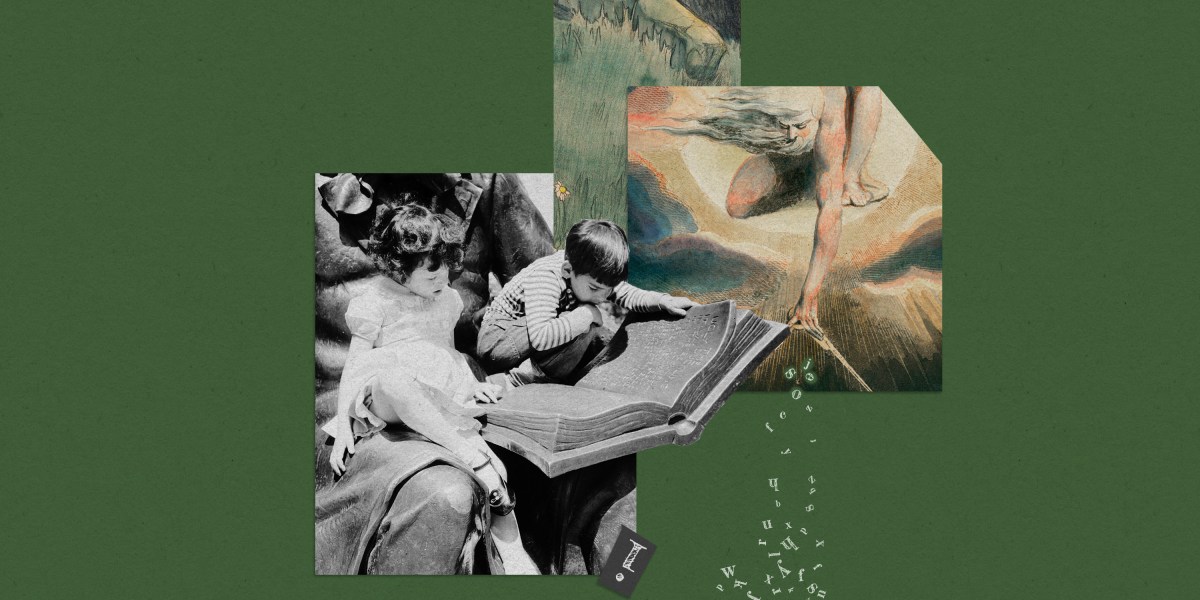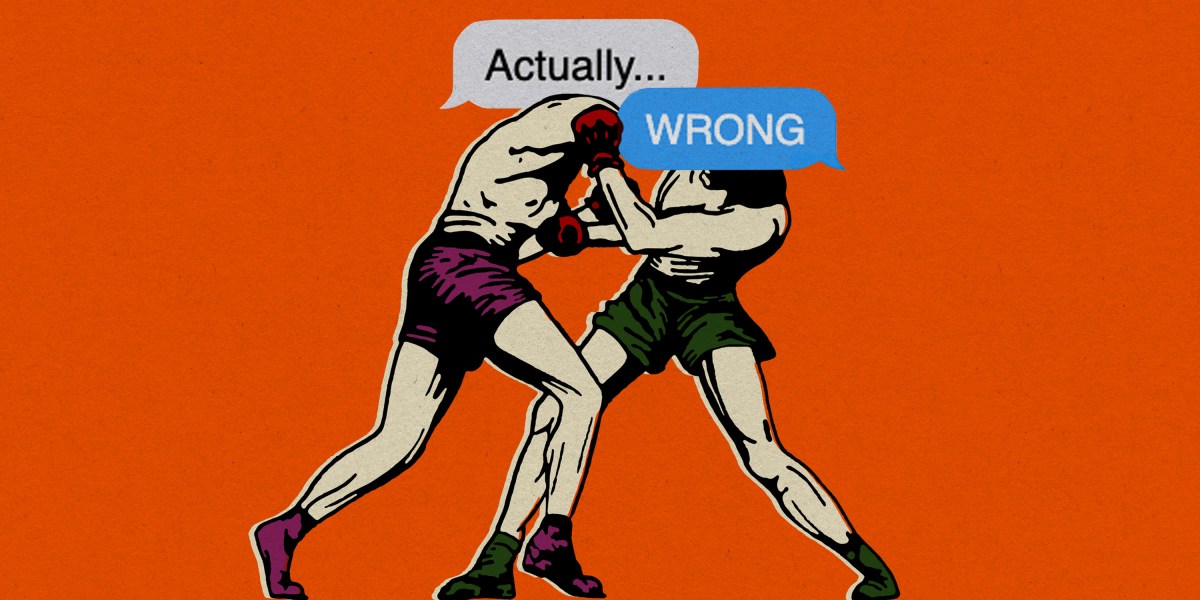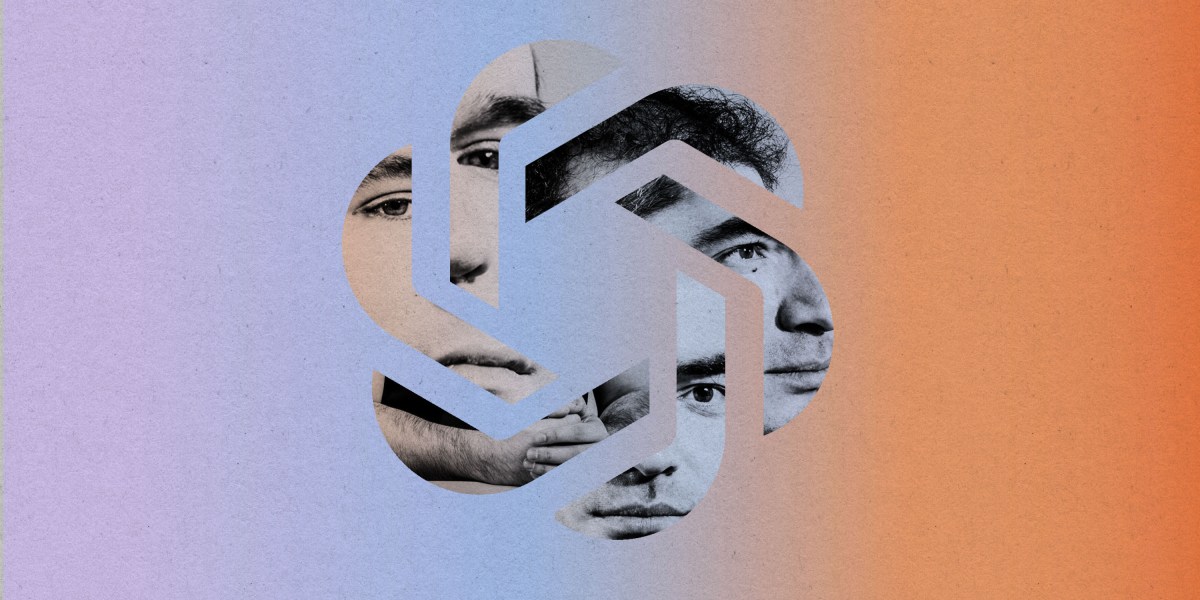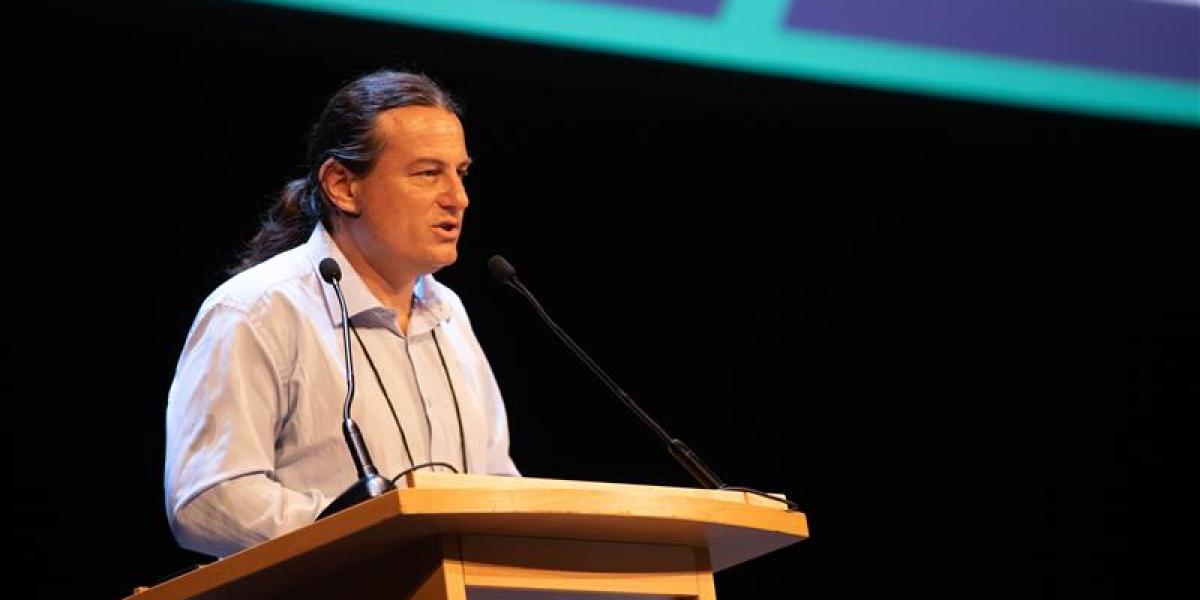The findings make feeling, supplied that men and women who are by now imaginative never actually will need to use AI to be artistic, claims Tuhin Chakrabarty, a pc science researcher at Columbia University, who specializes in AI and creativeness but wasn’t included in the research.
There are some opportunity downsides to using edge of the model’s enable, much too. AI-generated stories across the board are similar in terms of semantics and written content, Chakrabarty says, and AI-created producing is full of telltale giveaways, these kinds of as really very long, exposition-major sentences that contain plenty of stereotypes.
“These varieties of idiosyncrasies most likely also reduce the total creative imagination,” he suggests. “Good producing is all about showing, not telling. AI is generally telling.”
Since tales created by AI products can only draw from the knowledge that those versions have been trained on, those created in the review had been much less distinct than the concepts the human contributors arrived up with completely on their possess. If the publishing business have been to embrace generative AI, the textbooks we study could become extra homogenous, due to the fact they would all be manufactured by versions properly trained on the exact corpus.
This is why it’s vital to analyze what AI products can and, crucially, just cannot do properly as we grapple with what the fast evolving technology suggests for modern society and the financial state, claims Oliver Hauser, a professor at the College of Exeter Organization College, yet another coauthor of the study. “Just for the reason that technologies can be transformative, it does not signify it will be,” he claims.




